Historical
Historical fiction is a genre set in the past, weaving fictional narratives with real historical events, figures, and settings.
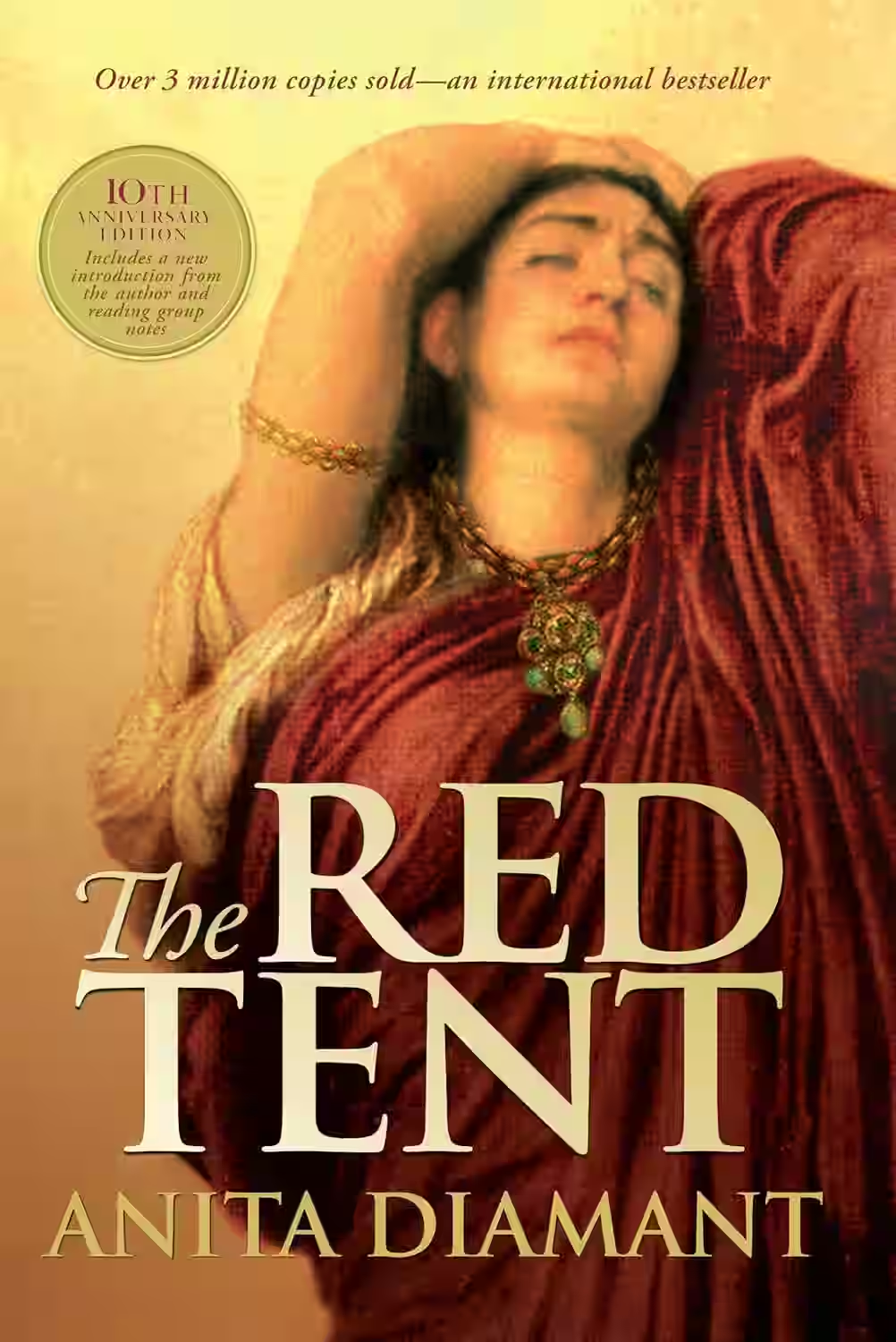
The Red Tent
Anita Diamant's 'The Red Tent' is a captivating novel that reimagines the biblical story of Dinah, daughter of Jacob. Set in ancient times, the book delves into the lives of women in a male-dominated society, highlighting themes of sisterhood, resilience, and the power of storytelling. Through Dinah's perspective, readers are taken on a journey of love, loss, and the complexities of family dynamics. The red tent, where women gather during menstruation, becomes a symbol of female solidarity and strength. Diamant's rich prose and vivid imagery bring this historical fiction to life, offering a fresh and poignant take on a well-known biblical tale.
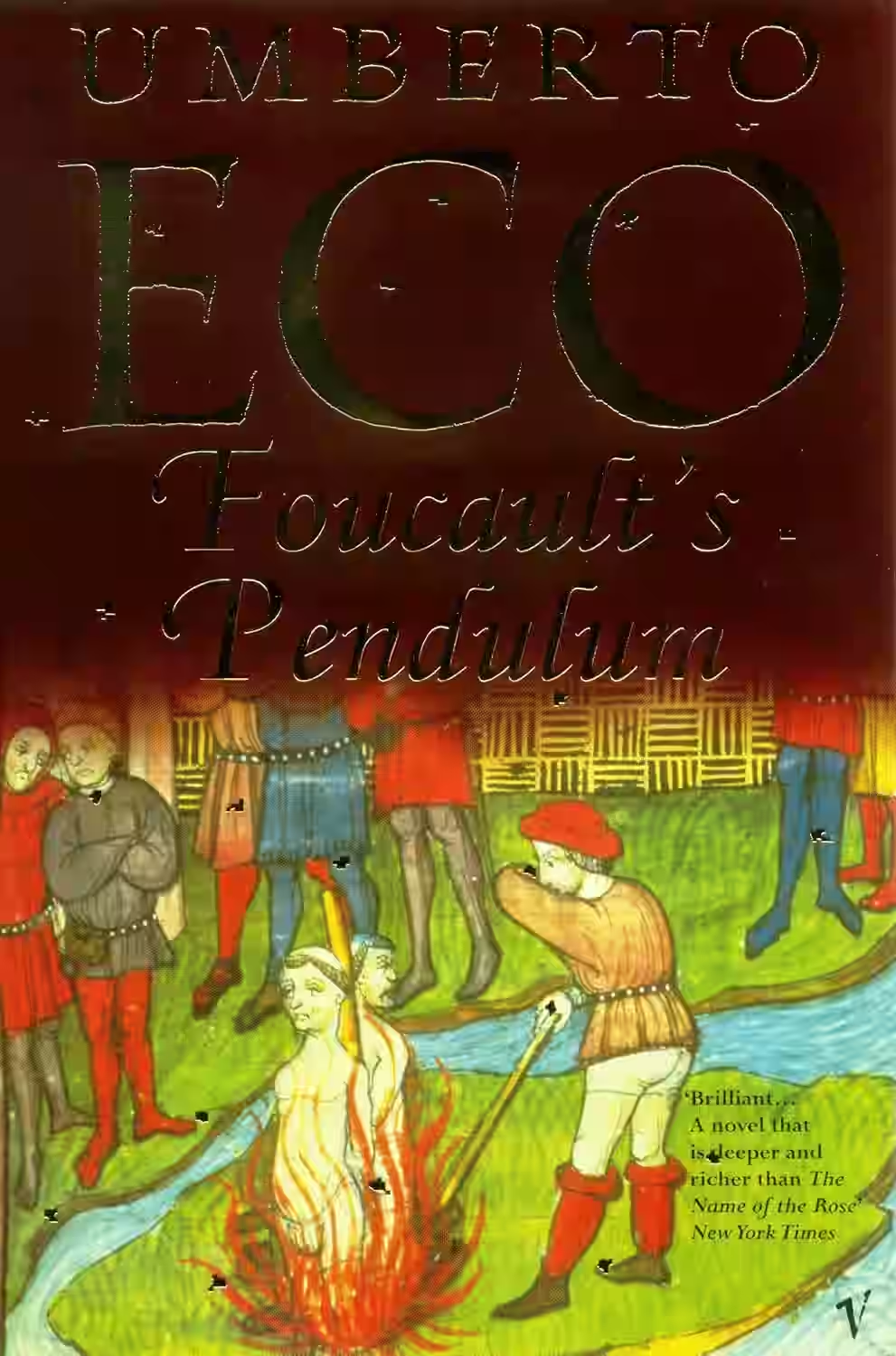
Foucault's Pendulum
by Umberto Eco
Umberto Eco's 'Foucault's Pendulum' is an intellectually stimulating novel that challenges readers with its complex narrative and intricate web of historical references. The story revolves around three Milanese publishers who, disillusioned with conventional conspiracy theories, decide to invent their own grand scheme linking the world's mysteries. Amusing at first, their creation spirals out of control, blending myth and reality in a compelling critique of the human fascination with secret knowledge. Eco's dense yet rewarding prose explores themes like the idea of meaning-making, the intricacies of human belief, and the seductive allure of connections that may not exist. The novel engages readers with its rich detail, humor, and philosophical inquiries, making it a thought-provoking masterpiece for those patient enough to delve into its labyrinthine plot.
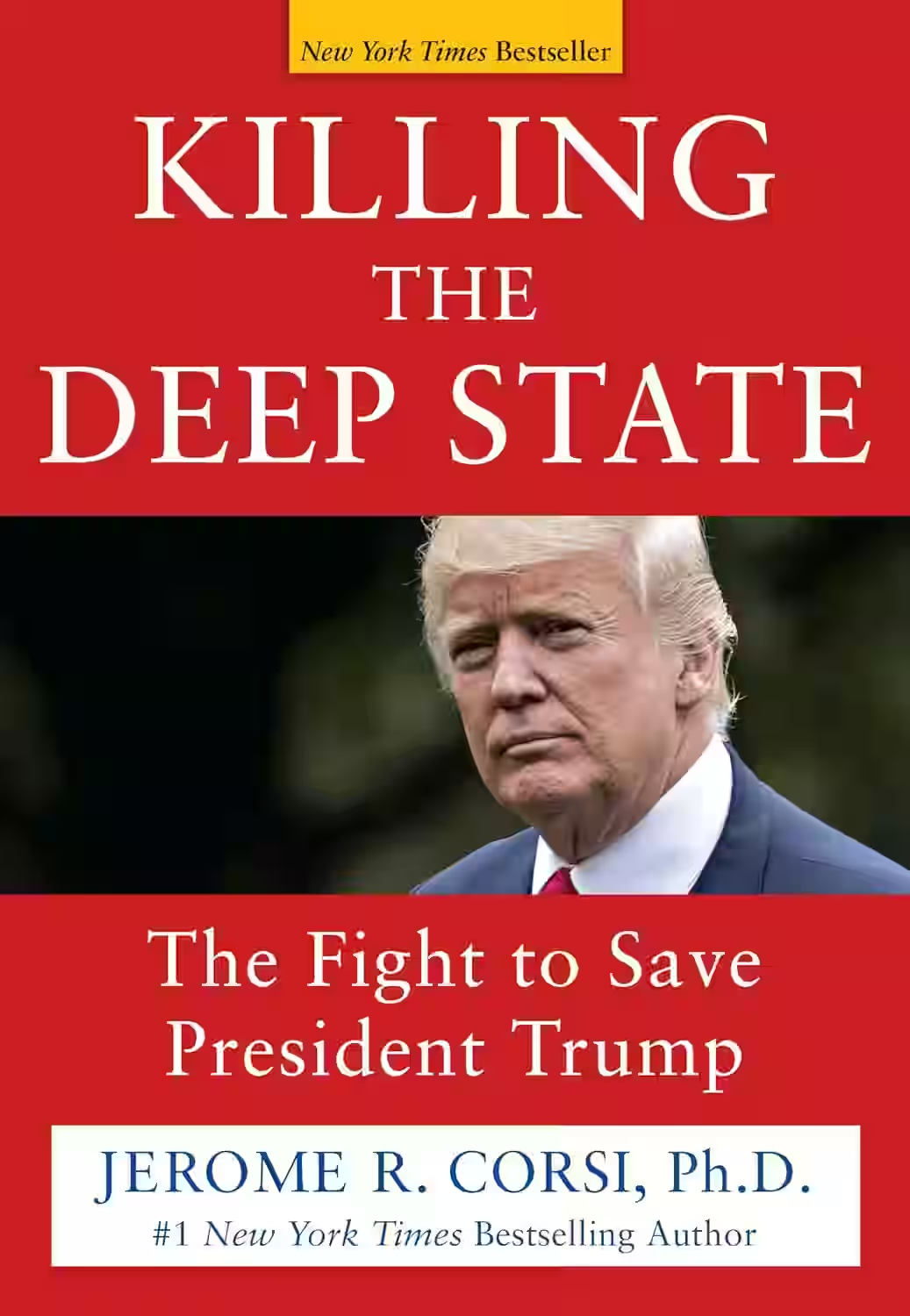
Killing the Deep State: The Fight to Save President Trump
In 'Killing the Deep State: The Fight to Save President Trump' by Jerome R. Corsi, readers are taken on a provocative journey through the murky world of politics and power struggles. The book delves into the alleged existence of a 'deep state' actively working against President Trump's agenda. Corsi weaves together conspiracy theories, alleged government corruption, and behind-the-scenes machinations in a gripping narrative that challenges readers to question the true nature of American democracy. While controversial and divisive, the book raises important questions about transparency and accountability in government. Whether you agree with its assertions or not, 'Killing the Deep State' is sure to spark debate and intrigue.
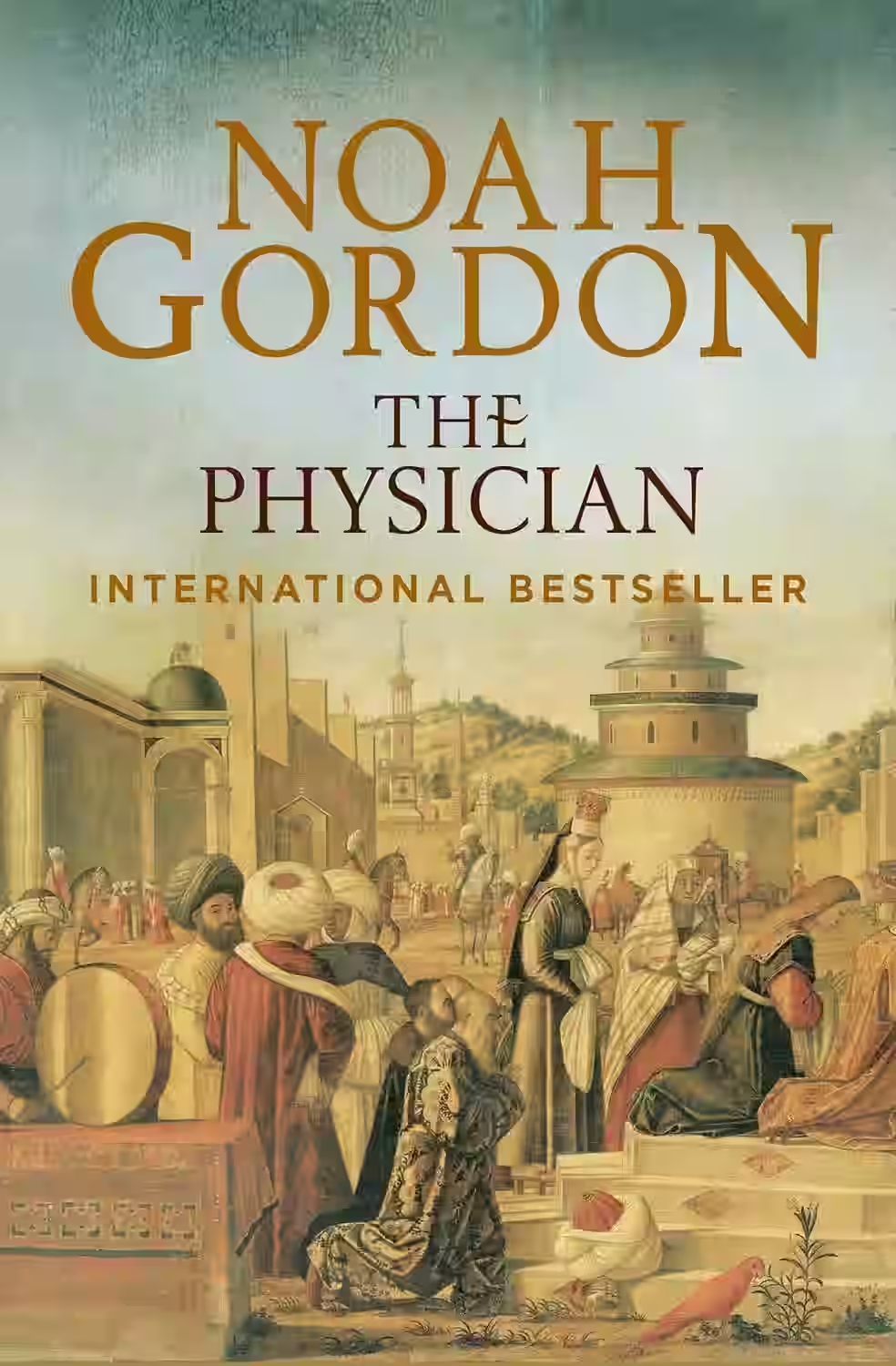
The Physician
by Noah Gordon
Series: The Cole Trilogy (#1)
In Noah Gordon's historical fiction masterpiece, 'The Physician,' readers are taken on an extraordinary journey through 11th-century Europe, following the life of Rob Cole, a young Englishman who dreams of becoming a physician. Faced with challenges and societal constraints, Rob embarks on a perilous quest to the fabled land of Persia to study medicine. The novel deftly weaves together themes of ambition, perseverance, cultural clashes, and the pursuit of knowledge. Gordon's vivid descriptions and meticulous research bring the medieval world to life, captivating readers with a rich tapestry of characters and settings. 'The Physician' is a compelling and immersive saga that leaves a lasting impression.
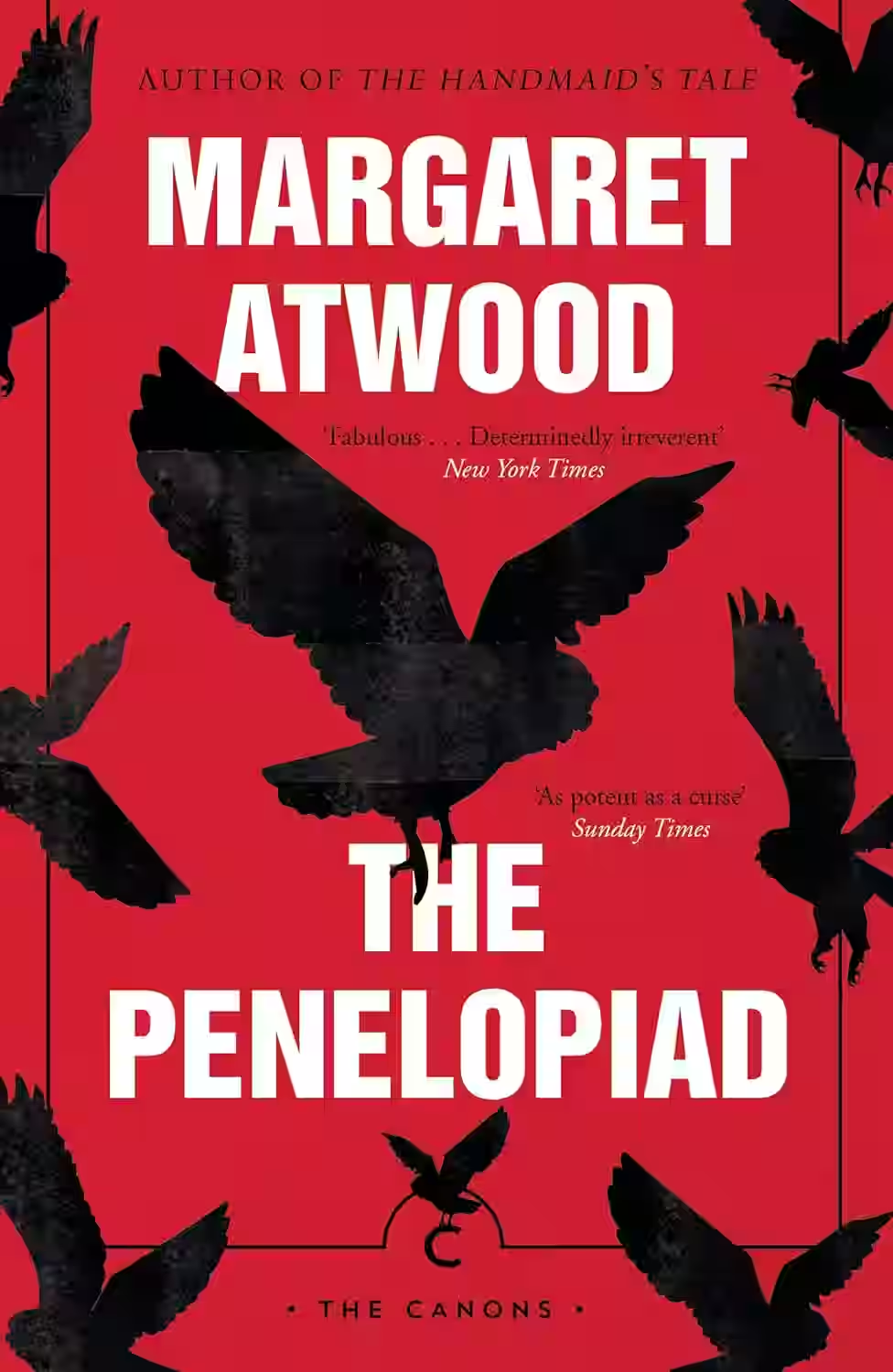
The Penelopiad
Margaret Atwood's "The Penelopiad" offers a fresh perspective on Homer's legendary narrative by retelling 'The Odyssey' from Penelope's viewpoint. The novella paints a vivid portrayal of Odysseus' wife, Penelope, as she waits for his return while ruling Ithaca and dealing with suitors vying for her hand. Atwood interlaces Penelope’s narrative with a chorus of her twelve maids, offering a critique of historical injustice and the silencing of female voices. Through wit and poetic prose, Atwood explores themes of power, loyalty, and the complexities of female identity. This narrative reimagining sheds light on ancient myth, gifting readers with a story that is both timeless and eerily relevant to contemporary issues of feminism and justice.
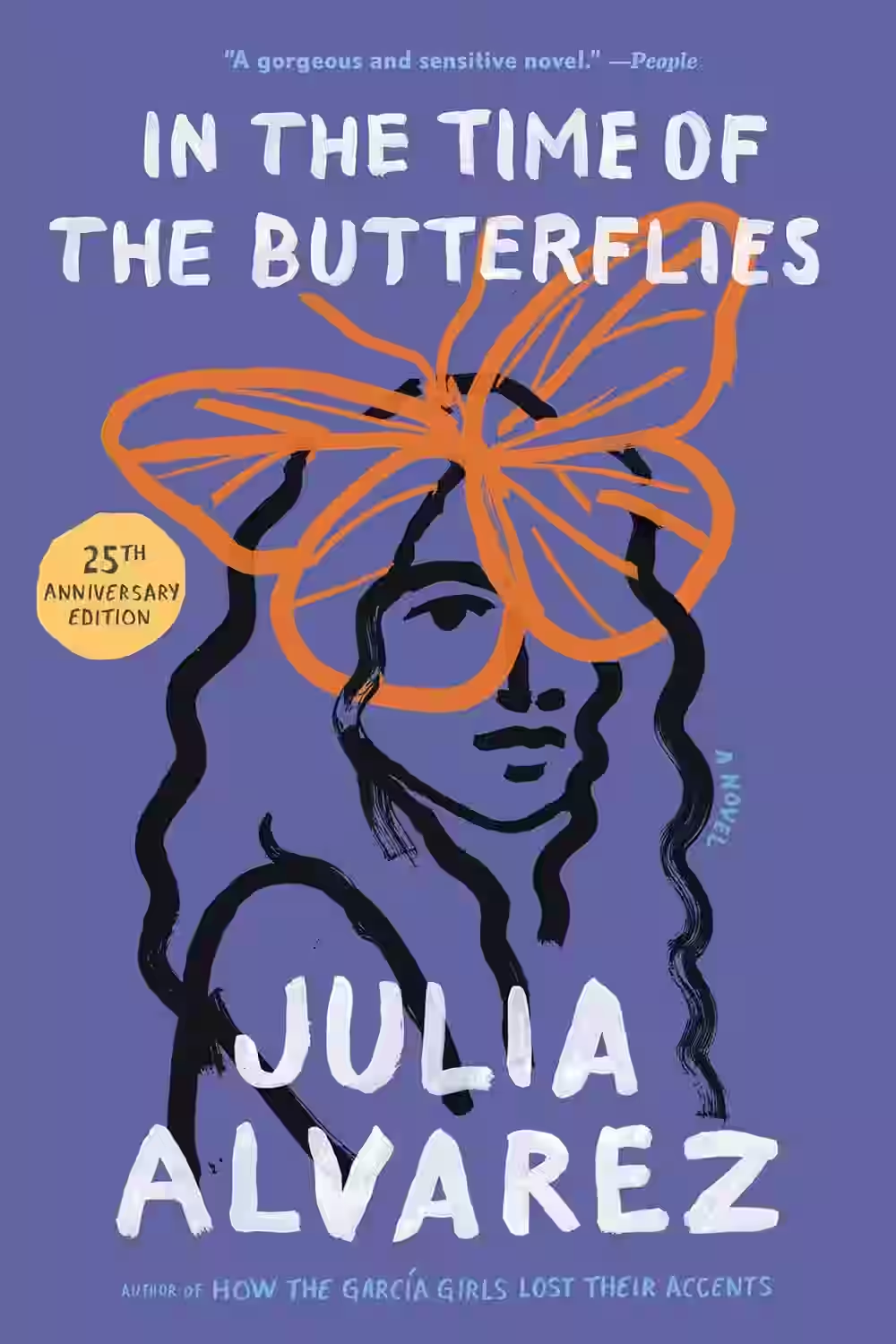
In the Time of the Butterflies
Julia Alvarez's 'In the Time of the Butterflies' is a poignant historical novel that follows the Mirabal sisters, who bravely fought against the oppressive Trujillo regime in the Dominican Republic. The story intricately weaves together themes of sisterhood, political resistance, and the power of individual sacrifice in the face of tyranny. Alvarez's vivid storytelling and rich character development immerse readers in the sisters' struggles and triumphs, showcasing the resilience of the human spirit. Through a blend of fact and fiction, the novel sheds light on a dark chapter in Dominican history while celebrating the legacy of these remarkable women.
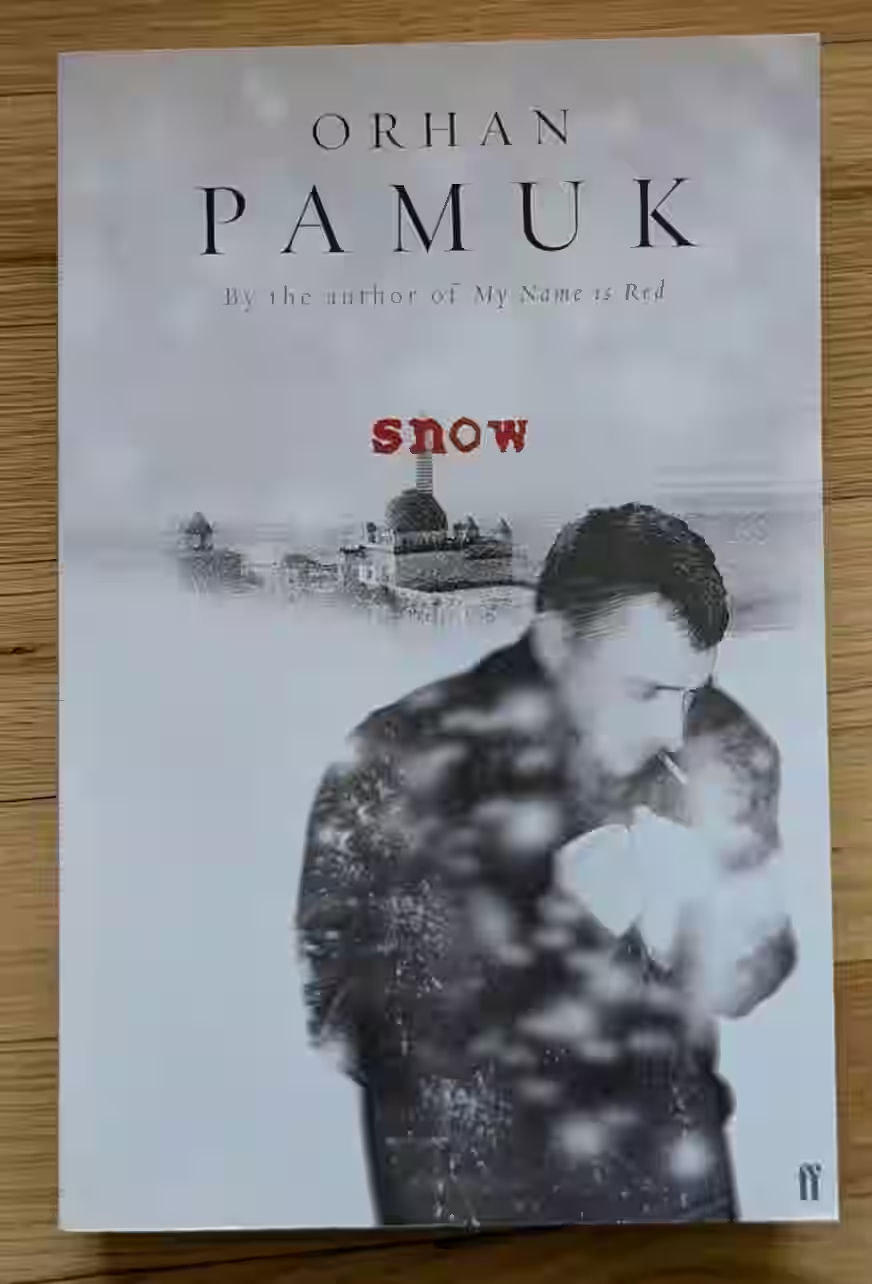
Snow
by Orhan Pamuk
Orhan Pamuk's 'Snow' is a profound exploration of identity, politics, and cultural conflict set in the snowy, remote city of Kars, Turkey. The novel follows Ka, a poet and journalist, who returns from political exile to investigate a series of suicides among young Muslim women. As Ka navigates the city's complex social and political landscape, marked by tension between secularism and Islamism, he becomes embroiled in personal and ideological conflicts. The narrative weaves themes of love, despair, and the search for meaning against a backdrop of political intrigue and existential questions. Pamuk's rich prose and philosophical depth invite readers to reflect on the broader human condition and the delicate interplay of personal and societal turmoil. 'Snow' is both a mystery and a meditation, leaving a lasting impact with its exquisite portrayal of Turkey's contemporary struggles.
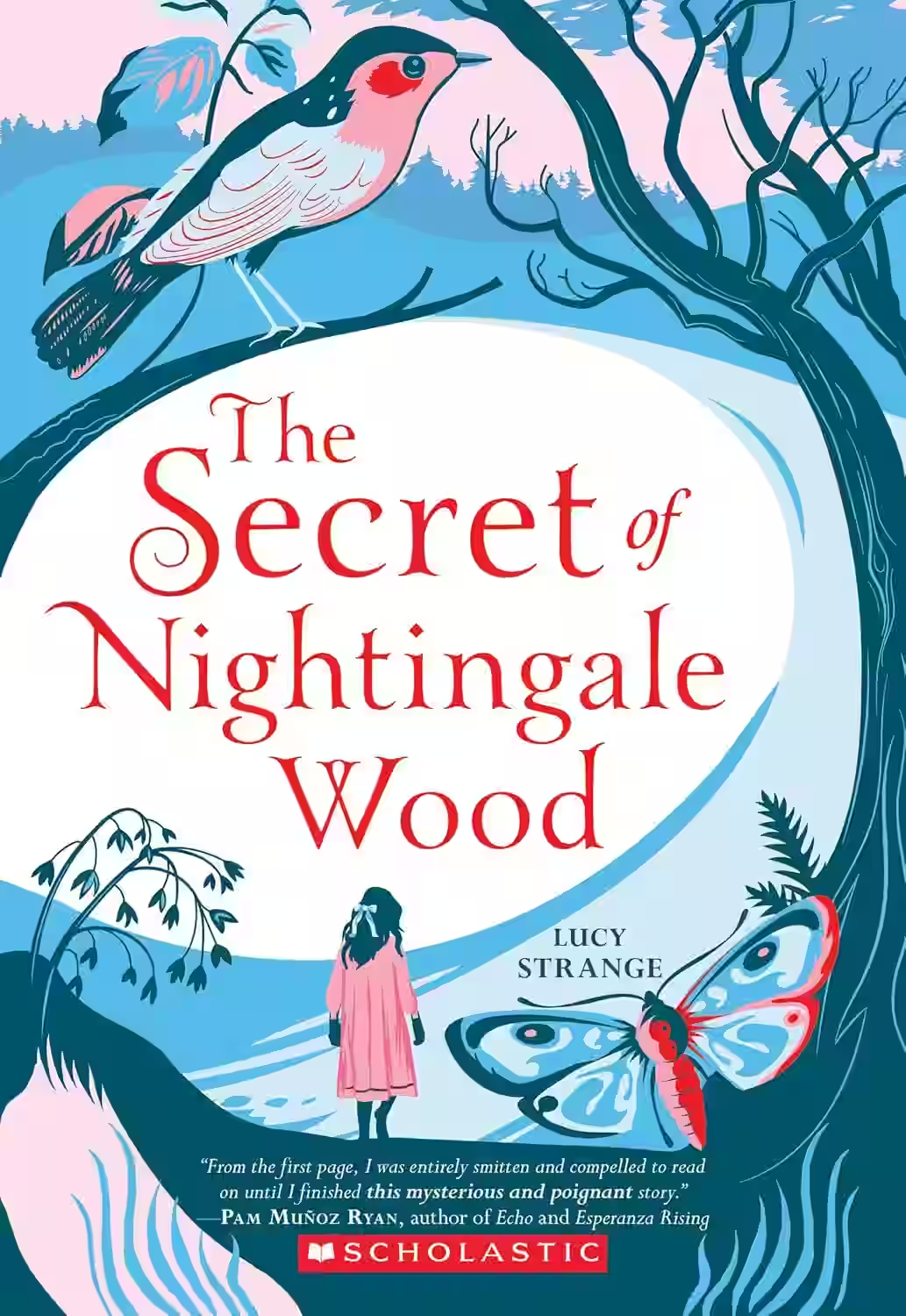
The Secret of Nightingale Wood
by Lucy Strange
Lucy Strange weaves a hauntingly beautiful tale in 'The Secret of Nightingale Wood.' Set in post-World War I England, the story follows the journey of Henrietta, a young girl dealing with grief, family secrets, and the supernatural. The book explores themes of loss, resilience, and the power of imagination. Strange's vivid descriptions and compelling characters pull readers into a world filled with mystery and emotion. As Henrietta unravels the secrets of Nightingale Wood, she discovers inner strength and the importance of facing one's fears. This captivating historical fiction novel resonates with readers of all ages, leaving a lasting impact.

The Winner's Curse
Series: The Winner’s (#1)
Marie Rutkoski's 'The Winner's Curse' is the first installment in a gripping fantasy trilogy that skillfully explores themes of power, control, and moral ambiguity. Set in a richly constructed world, the story follows Kestrel, the daughter of a prestigious general, who purchases a slave named Arin on a whim, marking the beginning of a tense and complicated relationship. As a high-society aristocrat, Kestrel is drawn into a dangerous game of politics and rebellion that tests her loyalty and morality. Rutkoski combines an intricate world-build with engaging characters, crafting a narrative that captivates readers with its romantic tension and strategic warfare. The book raises questions about the cost of power and the personal sacrifices entangled within systemic injustice, making it both a thought-provoking and thrilling read.
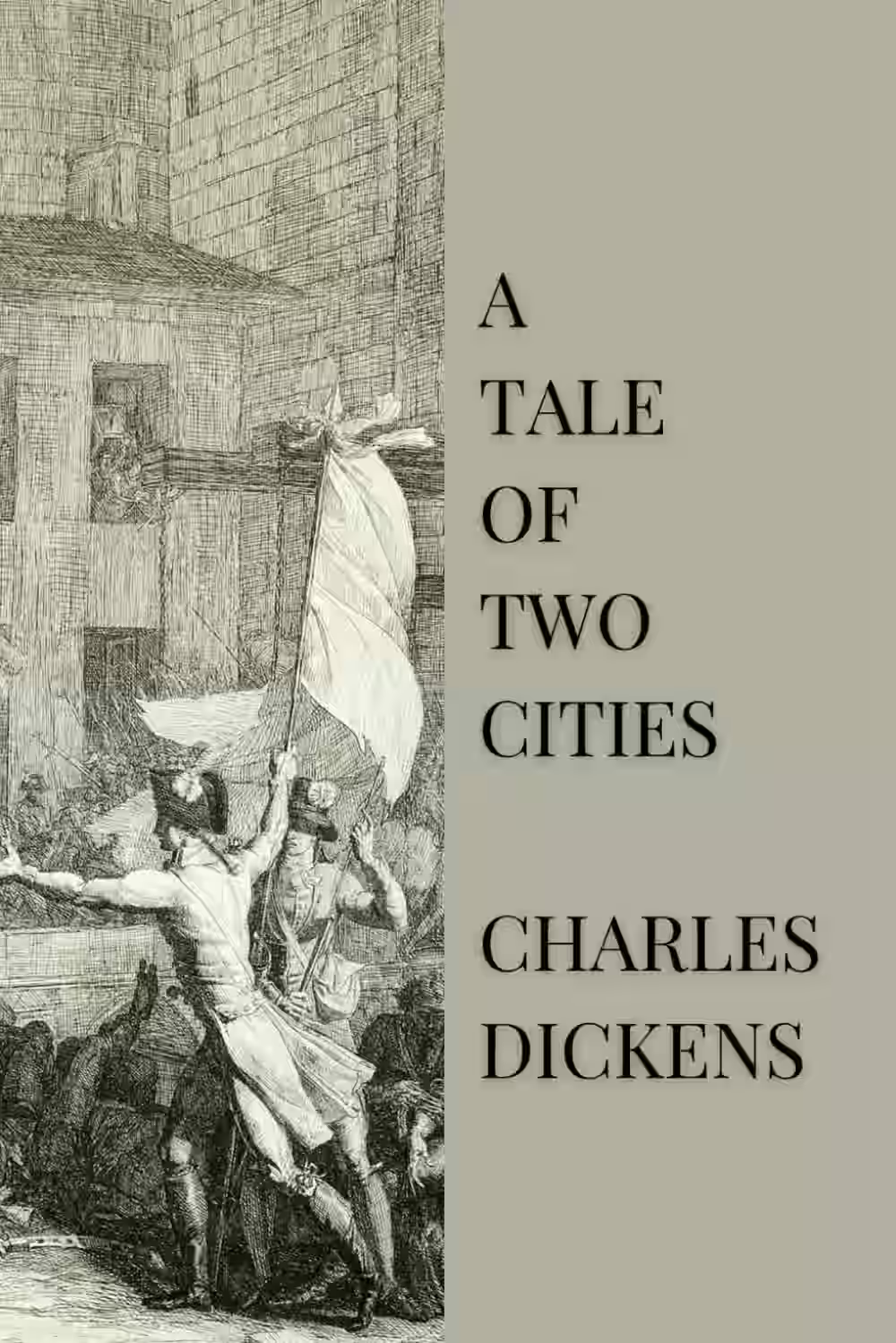
A Tale of Two Cities
In Charles Dickens' 'A Tale of Two Cities,' the turbulent backdrop of the French Revolution sets the stage for a gripping narrative of love, sacrifice, and redemption. The novel intertwines the lives of characters from London and Paris, illustrating the stark contrasts between the two cities during a tumultuous time in history. Through intricate plots and vivid descriptions, Dickens explores themes of resurrection, oppression, and the consequences of societal injustice. As the characters navigate personal struggles and political upheaval, the story builds towards a powerful climax that resonates with themes of hope and renewal. 'A Tale of Two Cities' remains a timeless classic that captivates readers with its profound insights into human nature and the enduring power of love and sacrifice.
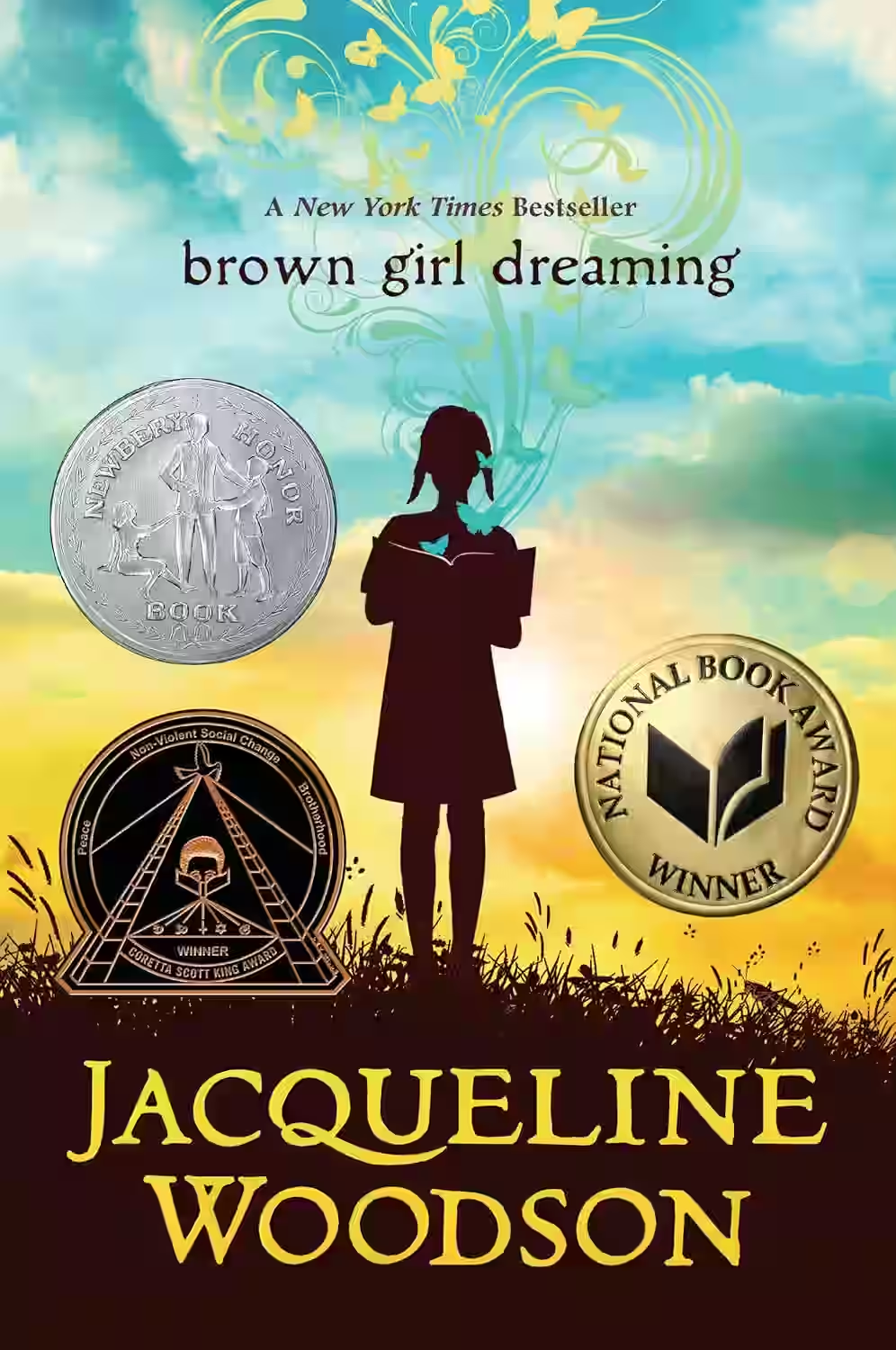
Brown Girl Dreaming
In 'Brown Girl Dreaming' by Jacqueline Woodson, readers are immersed in a mesmerizing memoir written in verse. The book delves into Woodson's childhood experiences, depicting her journey as an African American girl growing up in the 1960s and 1970s. Through vivid poetry, Woodson beautifully captures the complexities of race, family, and identity, offering a poignant exploration of self-discovery and finding one's voice. With lyrical language and heartfelt storytelling, 'Brown Girl Dreaming' is a powerful and inspiring read that resonates with readers of all ages.
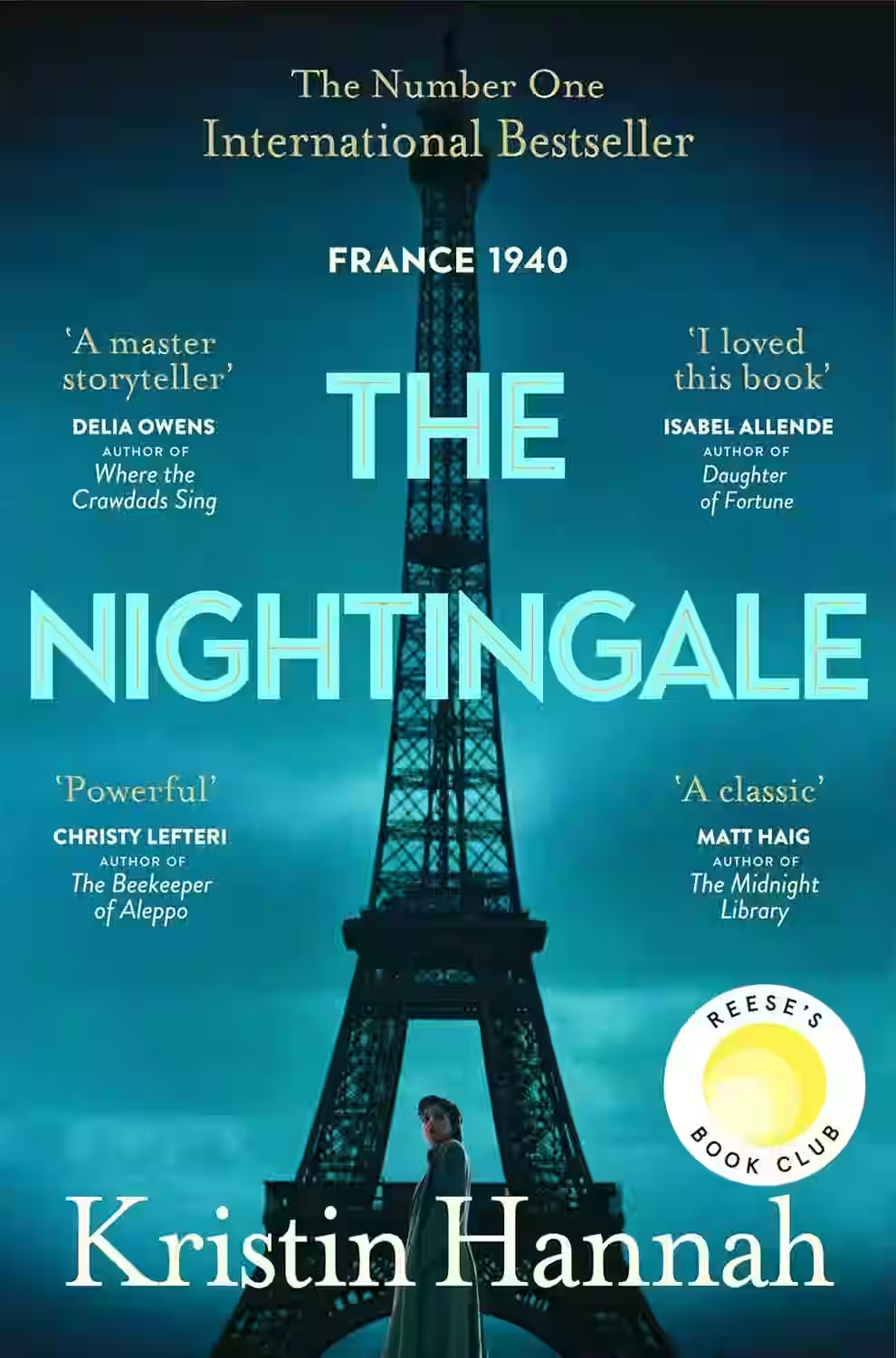
The Nightingale
Kristin Hannah's 'The Nightingale' is a poignant tale set in Nazi-occupied France during World War II, following the lives of two sisters, Vianne and Isabelle, as they navigate love, sacrifice, and resistance. Vianne, a mother and wife, faces impossible choices to protect her family, while Isabelle joins the French Resistance, risking everything to fight for freedom. The novel beautifully captures the complexities of human relationships, the horrors of war, and the strength of women in the face of adversity. Through vivid storytelling and well-developed characters, Hannah weaves a gripping narrative that will tug at your heartstrings and linger in your thoughts long after finishing the last page.
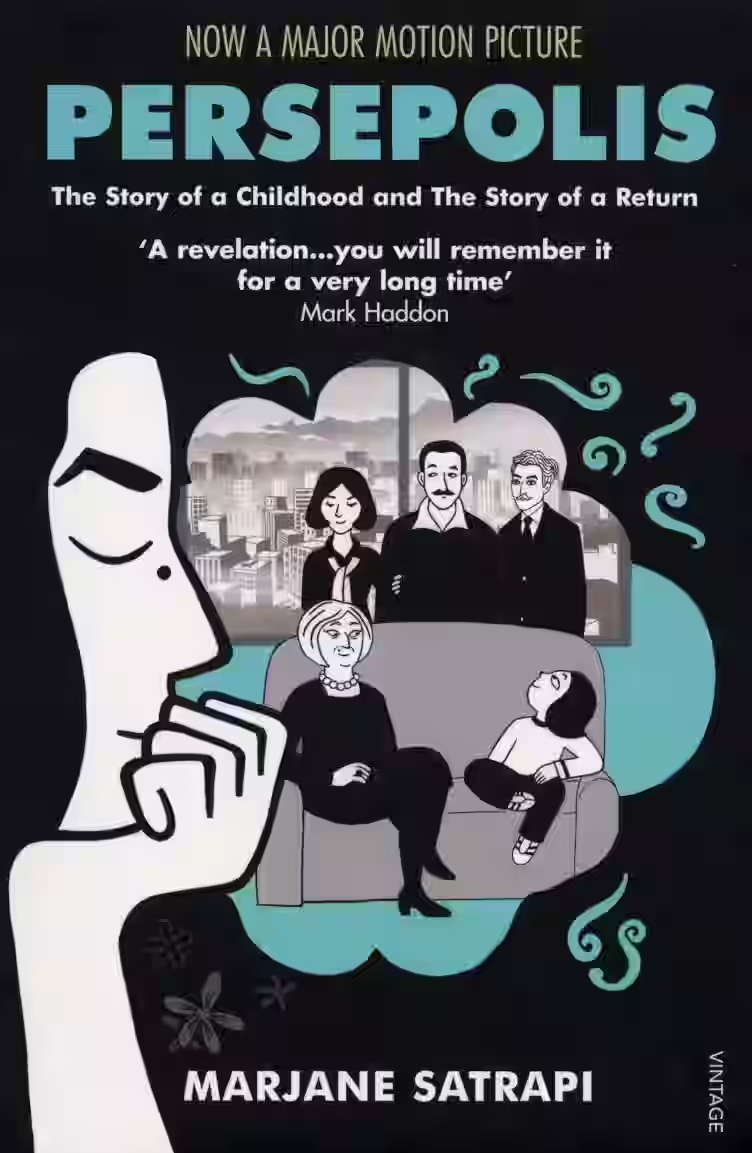
Persepolis
Marjane Satrapi's 'Persepolis' is a powerful graphic memoir that follows her coming-of-age journey amidst the Iranian Revolution. Through poignant black-and-white illustrations, Satrapi beautifully captures the complexities of growing up in a war-torn country, grappling with political upheaval, and finding her own identity amidst societal expectations and personal struggles. The narrative seamlessly weaves together themes of family, freedom, and resilience, offering a unique perspective on Iranian history and culture. Satrapi's candid storytelling and stark visuals create a moving and thought-provoking reading experience that resonates long after the final page.
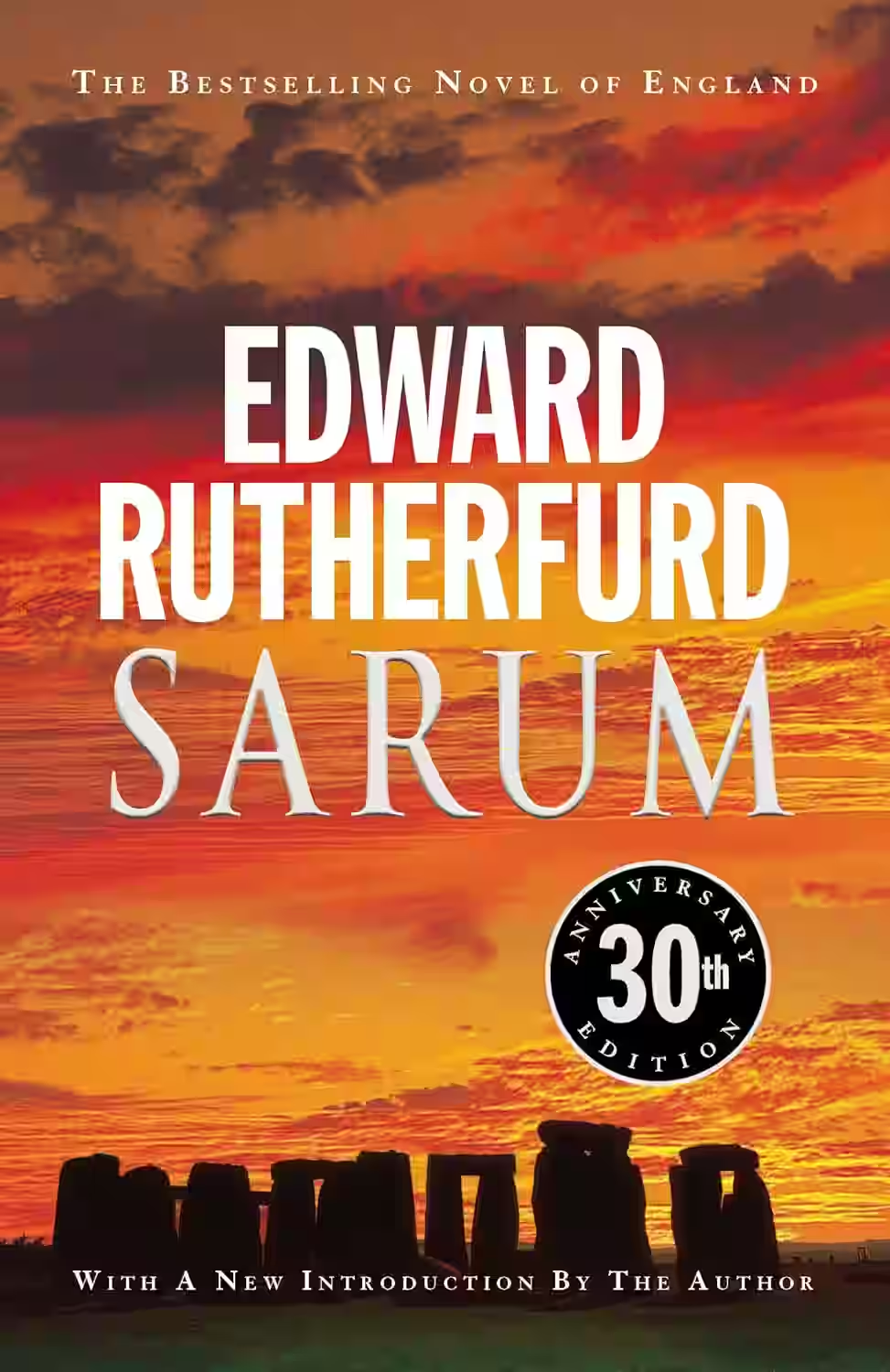
Sarum
In Edward Rutherfurd's epic masterpiece 'Sarum', readers are taken on an immersive journey through centuries of English history, starting from the end of the last Ice Age to the modern era. The novel intertwines the lives of various generations of families living in and around the Salisbury Plain in England, exploring themes of love, betrayal, ambition, and power. Through meticulously researched historical events and vivid characters, Rutherfurd paints a rich tapestry of the region's evolution, from ancient rituals to the construction of Stonehenge and the impact of wars and social changes. 'Sarum' is a captivating saga that illuminates the enduring spirit of a land and its people.